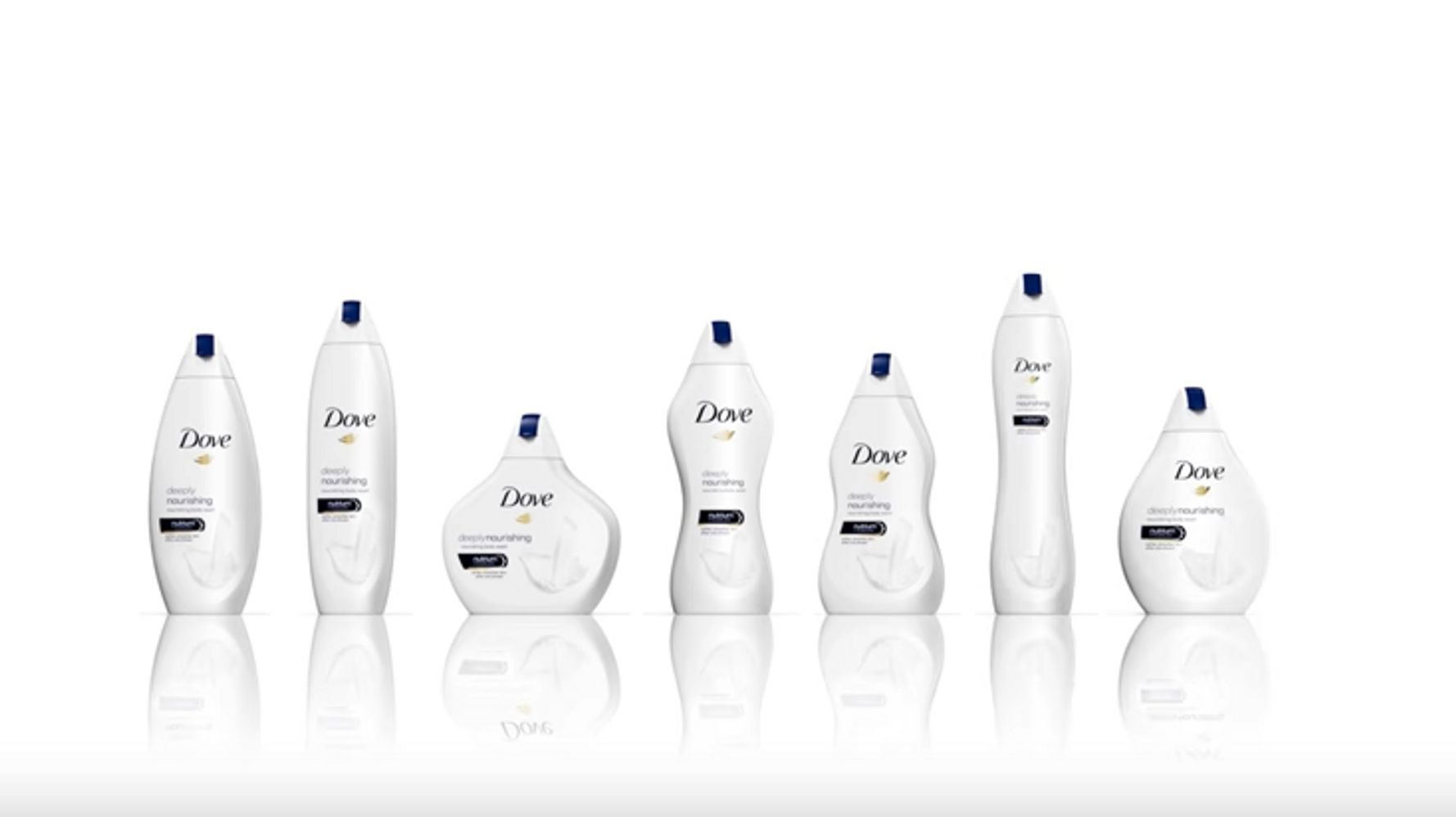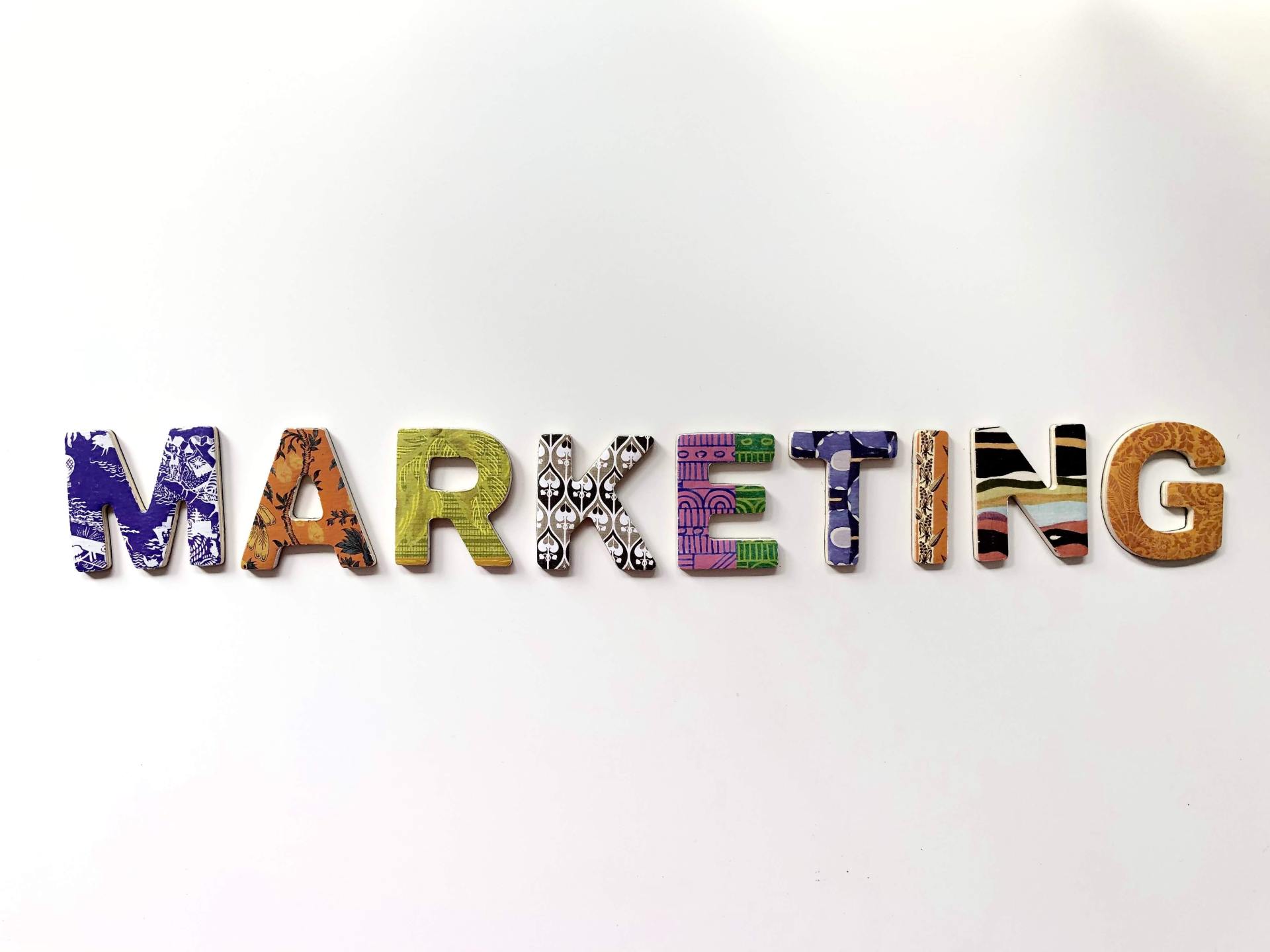Brand Reputation in a Pandemic
Lois McLuckie • May 27, 2020
It's quite obviously not business as usual...
We are several months in to the Coronavirus pandemic and it’s been a tough ride. Casualties and grief, healthcare workers overwhelmed, country-wide lockdowns and many businesses on pause has made for strange and harrowing times indeed.
And it has certainly thrown the values of some businesses into sharp relief. There are those that are community spirited and there are those that, it seems, simply about the money. But a business leader with humanity and common sense can strike a balance between the greater good and maintaining the company’s future viability; and a good marketing team can help.
Marketing winner
The rise of Zoom
virtual meeting rooms has been well documented during this pandemic, but the Silicon Valley-based company is also doing simple things that make users happy and build brand loyalty for the future. For example, the free version of Zoom allows for a virtual meeting for up to 40 minutes, however, during the pandemic the company has frequently delivered an in-app message on live meetings to say that they are extending the time allowed.
Result: user is delighted that the (slight) inconvenience of everyone calling back in again has been removed and they can chat for as long as they wish, and Zoom has achieved a customer satisfaction hit, and possibly a product referral hit, too. The clever bit is that it is also warming users up to the fact that 40 minutes of call isn’t enough and maybe, just maybe, that user will eventually upgrade to the paid version of Zoom – or push Zoom in the company they work for, bringing in those lovely corporate licence fees.
It’s not aggressive, it’s not pushy; it’s a kindness and a punt on a certain percentage of users making the leap to paid at some point in the future.
Marketing loser
I’m unsure that any marketing team could even hope to influence this PR disaster
area, but the behaviour of Weatherspoons CEO Tim Martin during the Coronavirus pandemic has left a sour taste in many mouths as he appears to put profit over all else.
First, he didn’t believe that closing pubs, bars and restaurants would stop the spread of COVID-19 – and publicly stated this. Then, before the UK furlough scheme was live he claimed he would be unable to pay his 43,000 staff. Next up, he stated that none of the Weatherspoon’s suppliers would be paid until his venues reopened.
The clear message through all of the above? Absolutely nothing matters more than the maintenance and enhancement of his own personal wealth. Not his staff, not his customers, not his suppliers, or anyone else. Makes you think about going into a Weatherspoons establishment again, doesn’t it?
Striking the balance
There are many more examples of good versus bad marketing practice during the Coronavirus pandemic.
The good includes US pharmacy chain Walgreens tailoring “Ask a Pharmacist” videos to answering COVID-19 FAQs and Guinness balancing out the disappointment of a cancelled St Patricks Day with a strong, all-in-this-together video message.
The bad sees a (paused early March) KFC ad campaign
in the UK focussing on the “Finger Lickin’ Good” aspect of the brand’s identity and US cleaning brand Lysol continuing to run an ad campaign
right up until March 15, when nearly everywhere was out of stock of their products.
So, what are the key points to remember when marketing your business during a crisis?
Crisis Marketing: Dos and Don’ts
DO get external feedback on marketing messaging; somebody outside of the bubble of your company can provide unbiased insight and perception.
DON’T capitalise, or look like you are capitalising, on a crisis situation. Everyone knows the premise of supply and demand, but it is not a good look to hike your prices up if your product or services are in demand during a global pandemic.
DO read the room. If everyone is hyper-focused on the crisis unfolding, pause or change your marketing campaigns to fit the situation. Nobody wants to see a TV ad of people hugging when social distancing is in place, for example.
DON’T overuse specific phrasing or terminology. Absolutely every email I got from brands for a while there talked about “unprecedented times”. Mix it up a little. Stand out from the crowd.
DO show altruism, if you can. If your product or service helps and you can offer it for free or a reduced price to help during a crisis, do it.
DON’T jump on a bandwagon for the sake of it. Just because every other brand in the world has quickly whipped up an ad that shows people on video conferences, you don’t have to, too.
DO pivot, if possible. Current examples include restaurants that have gone online for pick-up and delivery, bakery suppliers that are now delivering domestically in their local area, clothing manufactures now making face masks and technology companies creating tools to help governments with the Coronavirus crisis.
DON’T panic. Tricky, I know, but if you are analytic, assess the current market and decide what your company can offer, you can adapt. Whether it’s going online, changing your output, or taking advantage of any and all business support out there – you can get through this crisis, and be in a better position for any future crises that may come.
Lois McLuckie is the founder of McLuckie Marketing and has 20+ years of marketing experience.

It happened again last week. I was browsing through Twitter , checking out what was happening in the world of marketing, when I found a lot of different tweets about a recent #MarketingFail by Kmart – a US-based department store chain (who really should’ve known better). You can read the details here , but, in essence, what was supposed to be a clever play on the yoga term “Namaste” for a Mothers’ Day campaign, turned into something quite different. Moral of the marketing story: at the very least, Google the word you think you’ve come up with – it may already exist in another language. And it may not have the most wholesome of meanings. Throughout my marketing career, I’ve enjoyed the dual emotion activity of reading about various marketing fails. Dual because there is always an inherent fear that something like that could happen to you (enhancing my already borderline psychotic attention to detail), but also, basically, because marketing fails are generally amusing or car-crash horrific – and that makes some compelling reading. The Kmart incident last week made me recall other marketing clangers from over the years. Here are my top five blunders from the world of marketing: 1. Walkers Crisps with the #WalkersWave social media campaign Ah, what a lovely idea from the Walkers marketing team. To get the chance to win a ticket to the UEFA Champions League final, tweet a selfie with the hashtag #WalkersWave. And your selfie will appear in a video with Gary Lineker, too. Always, ALWAYS consider ways in which a social media campaign can be trolled. In what now seems quite an obvious turn of events, photographs of serial killers, murderers, sex offenders and the like were tweeted and the automatic video rendering popped their well-known faces onto the photo frame and left nice-guy Gary Lineker up close and personal with some of the worst criminals in UK history. 2. Protein World: Are you beach body ready? Well, this was a beezer. And it may not actually be a marketing fail at all (from the company’s perspective). The ad was for a slimming product and featured a svelte, bikini-clad female with the question wrapped around her honed physique. Rightly, there was a huge outcry on the basis of the implication that only slim, toned individuals were ready for the beach. And the brand responded on social media in a pretty shocking way – no apologising, sarcasm, body shaming and a complete disregard for genuine points of concern on how their marketing might affect mental health in some individuals. For many, Protein World was now a brand to be avoided. However, the press coverage and social media buzz and company response around the ad kept people talking about the brand and, reportedly , brought in revenue of £1 million in the four days after the campaign launched. And some may call that a marketing success. For me though, the negative associations of body shaming, bullying and sarcasm are not qualities I would ever want to be associated with my brand, so this example stays firmly on my list of marketing fails. 3. Nothing Sucks Like An Electrolux Ah, the great divide of the Atlantic ocean. This campaign slogan by Electrolux in the 1960s worked like a charm in Blighty, but when launched in the USA it caused confusion. Was it talking about the powerful suction of the product, or was it a competitor literally saying the Electrolux vacuum cleaner sucked? It was the former, and they took a punt that the slogan would still resonate in the US, even though they were aware of the American vernacular. Do some testing, make sure your message is clear for your target audience. Ambiguity favours nobody. 4. Dove Campaign for Real Beauty: Body Type Bottles Unilever were playing an absolute blinder for many years with the Dove “campaign for real beauty”, which avoided the use of traditional models and photography treatments to show more diverse body types in marketing campaigns. Then, a misstep. An opportunity to buy limited edition bottles of body wash shaped to emulate six different body types. It backfired somewhat. While the intention was to celebrate the diversity of women’s bodies, the brand was on the receiving end of much ridicule online and was in danger of cancelling out the goodwill accrued over the preceding years. Really, a storm in a teacup. But an excellent showcase of how what seems like a sweet little gimmick that echoes your overall message can be perceived as overstepping (invisible) boundaries and kick-off an internet backlash that impacts your brand. 5. Boaty McBoatface OK, not so much a fail, more a fantastic example of what can happen when you run a public poll to create engagement with your brand. In 2016, the National Environment Research Council (NERC) decided to run a poll to name it’s new polar research ship and, after a tongue in cheek suggestion from radio presenter James Hand, social media took over and the name RSS Boaty McBoatface scored an overwhelming victory. This presented a conundrum for NERC Chief Executive Duncan Whigham, who had to choose between honouring public opinion and protecting the credibility of NERC. A compromise was reached with the polar research ship named RSS David Attenborough and one of the National Oceanography Centre’s Autosub Long Range autonomous vehicles proudly bearing the name of Boaty McBoatface. So, while you can’t prevent every misunderstanding, mis-translation or misstep in your marketing efforts, what you can do is apply attention to detail, fact-check, pay for proper translation and think of any possible ways that internet trolls might turn your wholesome campaign into something else entirely. Lois McLuckie is the principal consultant at McLuckie Marketing and is in absolutely no way claiming that she has never endured marketing fails of her own. But any mistakes she has made, she sure has learned from 😊.

When you feel you need to beef up your marketing efforts, or if a specific marketing project needs done and you just don’t have the resource to do it, there may be a tendency to hire a new team member to get things done. But, have you considered hiring a freelance marketing consultant? There are multiple benefits to going down the freelance route, including flexibility, specialist knowledge and less hands-on management time, but when it comes to the crunch, what are the three most important factors about taking on a freelance marketing consultant? 1. It’s all about the bottom line It’s well documented that onboarding a new hire is a significant cost for any business. Writing job specs, advertising, interviewing and negotiating offers cost you time; and, of course, a new employee generates an ongoing monetary commitment of training, development, salary and benefits. When you bring in a freelance marketing consultant, you agree an hourly, daily or project price in advance, along with an estimate of project duration. Aside from any budget required to actually deliver the marketing project (and this will be pulled together and presented for approval by any freelancer worth their salt), you know what the staff cost is to produce the work required. An independent marketing consultant takes a brief and jumps straight in, no training required. By the time you’ve onboarded a new hire for marketing, a freelance consultant will most probably be at the reporting and analysis stage of your marketing project. 2. Diversity and innovation reap rewards A freelance marketing consultant comes to you with a host of different experiences to call upon. They may have worked across a range of different sectors, meaning that marketing tactics used previously are varied, flexible and, importantly, tried and tested. Freelancers are likely to display more innovation than employees who are tied to current business practices and methodologies. They bring a fresh eye to your business, and are more receptive to new technologies and ways of working. Every new client a freelance marketer works with provides new knowledge and experience to their skillset, providing your business with the opportunity to benefit from best-practice marketing tactics. In general, freelance marketing consultants are excellent all rounders; full stack marketers with hands on experience in all areas of tactical marketing. And, if they don’t have in-depth technical skills for some aspects of a project, they know somebody that does. Bringing us nicely on to… 3. Connectivity is key From experience and necessity, a good freelance marketer has a network of other consultants that can be tapped into on a client’s behalf as and when needed. Areas like technical SEO and graphic design are specialist and require an expert to do right. Don’t let a marketing consultant tell you that they can do absolutely everything themselves; it’s unlikely and may result in sub-standard output. Whether it’s an expert view on Google Analytics or a specialist in PPC advertising, your freelance marketing consultant should be able to access their own network of results-driven connections to make sure that your marketing project delivers to, or exceeds, the targets or deliverables agreed at the outset. So, when you are thinking about that next big marketing effort, be open to freelance marketing support – and keep these top three benefits in mind. Lois McLuckie is the principal consultant at McLuckie Marketing – an independent marketing consultancy serving businesses in Edinburgh, the Lothians and the Scottish Borders.

